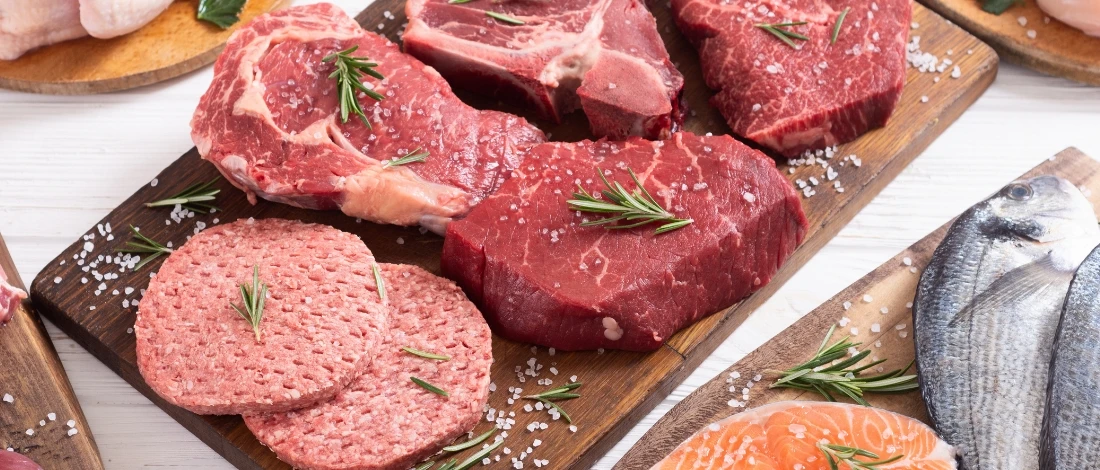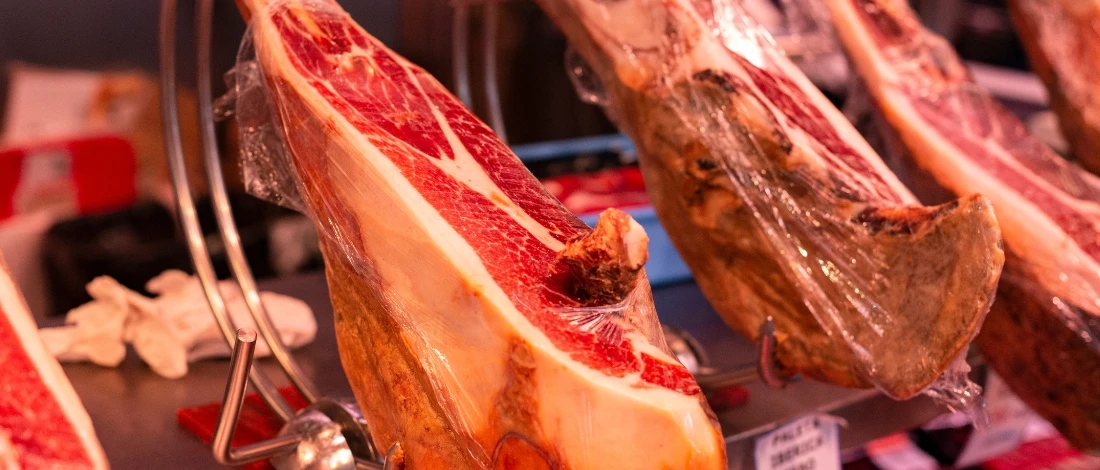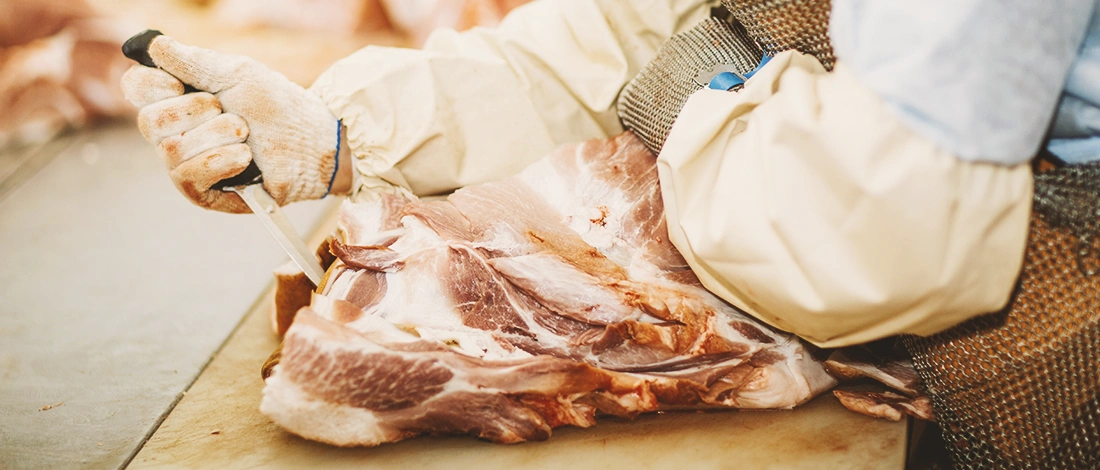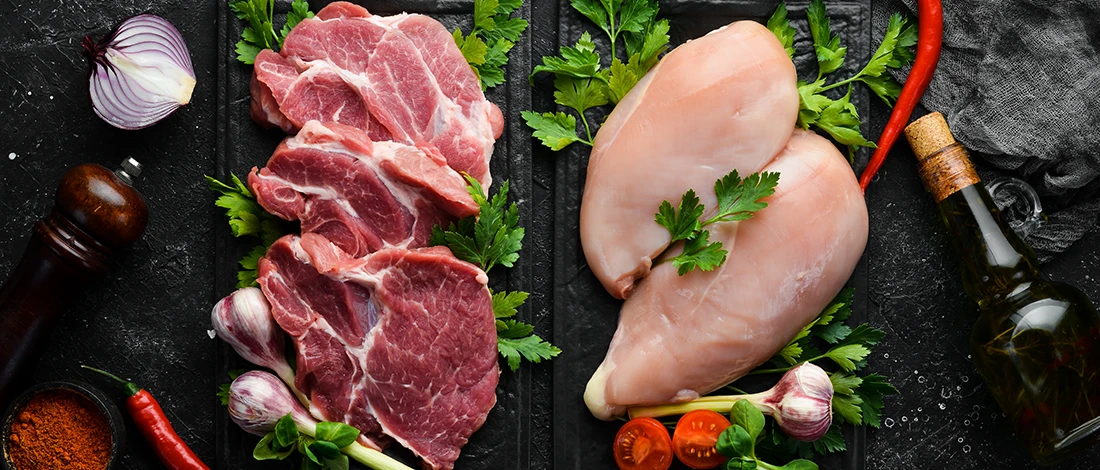Gen Z Feels More Meat Guilt Than Boomers: A Generational Divide on Eating Meat
A recent poll of 2,000 meat-eaters reveals an interesting generational shift: Generation Z feels twice as guilty about eating meat as those over 65.
This growing concern among younger people about the environmental and ethical impact of their food choices is shaking up the traditional landscape of carnivorous consumption.
The Growing Guilt Among Gen Z
The study shows that 27% of Gen Z frequently think about where their meat comes from, while 32% are curious about the journey from farm to fork. This indicates a heightened awareness of the sourcing, ethics, and environmental toll of meat production.
For younger generations, eating meat isn’t just about satisfying hunger—it’s about facing the broader consequences of their food choices.
In contrast, the older generation seems less concerned with these issues. For many in the 65+ age group, food is more about tradition and familiarity.
Their focus tends to be on taste, comfort, and convenience. This divide marks a stark generational difference in how food choices are made.
Sustainability vs. Tradition
Gen Z’s questioning of their food sources is rooted in a growing awareness of climate change, sustainability, and animal welfare.
With documentaries and social media highlighting the impact of factory farming and meat production, it’s no surprise that younger generations are reconsidering their choices.
As one expert put it, “The younger crowd has more access to information and a greater desire to align their actions with their values.”
While older generations may still hold on to the idea that meat consumption is simply part of daily life, the tide is turning.
Young people are pushing for change, advocating for more ethical and sustainable practices in food production.
The research suggests that Gen Z is not just guilty—they’re becoming the change-makers who might just reshape the food industry in the years to come.
Want to learn more about how younger generations are redefining their relationship with meat? Visit our homepage for more discussions on food ethics and sustainability.






